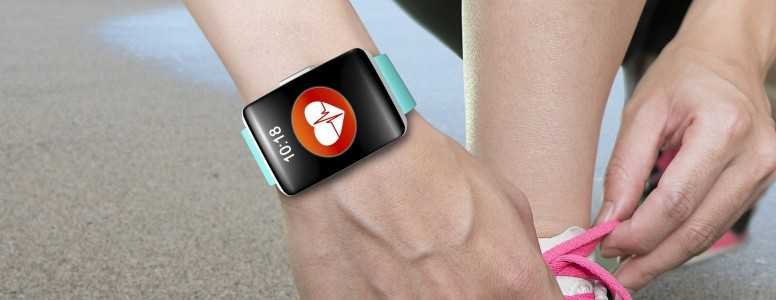Thousands of people will receive Fitbit-like health trackers free on the NHS as part of a one-year trial aimed at testing a combination of wearable devices and mobile apps to help keep at-risk patients from developing type 2 diabetes.
Having access to wearable monitoring devices and mobile health tools makes it easier for people to track their physical activity levels, as well as other types of health data, and see how lifestyle changes impact their blood glucose levels.
In the upcoming trial, more than 5,000 people will test apps, gadgets and wristbands similar to Fitbits, which will primarily track their activity levels. Other health metrics, such as sleep and eating habits, will also be digitally recorded throughout the study.
The scheme will run in eight areas of the country and give people access to technology including the prediabetes wristbands Buddi Nujjer. The wearable monitors participants’ sleep and activity automatically, and users can also keep track of how often they eat.
A built-in app then provides feedback and delivers supportive messages, developed by Clinical Academic Groups (CAGs) of King’s Healh Partners, to encourage a healthy balance of eating, sleeping, and exercise.
The study participants will also be given additional educational resources and personal coaching sessions to help them sustain these lifestyle and behavioural changes.
According to Simon Stevens, the CEO of NHS England, boosting the digital capability of the NHS with essential tools for healthy lifestyle change is the next logical step in diabetes prevention.
“So much else in our lives is now about online social connection and support, and that now needs to be true too for the modern NHS. This (initiative) is the latest example of how the NHS is getting practical and serious about supporting people to stay healthy,” Stevens told the Press Association.
This trial is another step towards making care decisions more data driven and addressing barriers to successful behaviour change.
Research shows that communicating personalised disease risks for behaviours like physical activity or diet doesn’t really help change behaviour in itself or has minor effects.
Encouraging people to make lasting changes around their diet and their activity levels with adequate tools and digital coaching, as provided in this trial, could have a more significant impact on their health.
If trials like this one go well, this move could lead to a significant expansion of self-care with more gadgets like the Buddi Nujjer commercialised and distributed across the NHS.
What's new on the forum? ⭐️
Get our free newsletters
Stay up to date with the latest news, research and breakthroughs.





